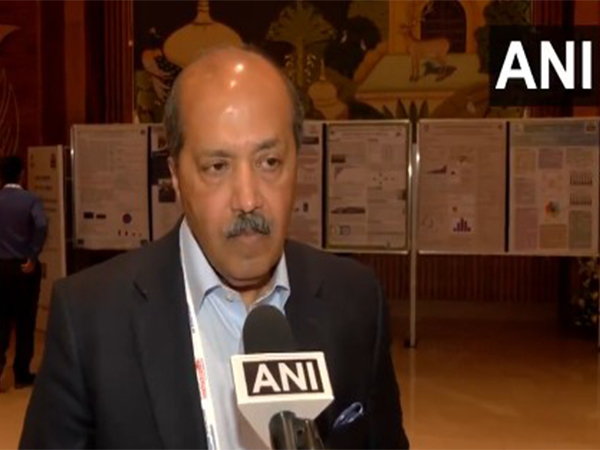India's Strategic Resilience Amid US Tariff Turmoil
India's economy remains resilient despite new US tariffs, says ASSOCHAM's Sanjay Nayar. With a moderate 26% tariff, India fares better compared to other Asian markets. The exemptions for pharmaceuticals and strategic reevaluations of trade and supply chains are seen as potential strengths for India amid global trade shifts.

- Country:
- India
India's economy has shown resilience in the face of newly imposed tariffs by the United States, as articulated by ASSOCHAM president Sanjay Nayar. In a conversation with ANI, Nayar remarked that the Indian economy's inward-looking nature provides a buffer against the harsh economic winds sweeping through its Asian peer markets.
Nayar emphasized that while India is subject to a 26% tariff, it appears more favorable when juxtaposed with other Southeast Asian nations. He highlighted that the tariffs against other major players include China at 34%, Vietnam at 46%, and Sri Lanka at 44%, suggesting India is in a better relative position.
The exemption of pharmaceuticals from tariffs allows India some respite and presents an opportunity for policy refinement. Experts note that while the 25% tariff on steel, aluminum, and automotive products poses challenges, the differential tariffs offer India an export advantage, necessitating strategic shifts in trade partnerships and market accessibility negotiations with the US.
(With inputs from agencies.)
ALSO READ
US Trade Policy Uncertainty Clouds Asian Growth Prospects
India's Soyabean Oil Imports Surge Amid Global Market Fluctuations
Global Markets Juggle U.S.-China Trade Policy Shifts
Market Jitters: Tariff Talks and Currency Concerns Shake Global Markets
Geopolitical Risks Trigger Turbulence in Global Markets: IMF Report Highlights Emerging Threats










